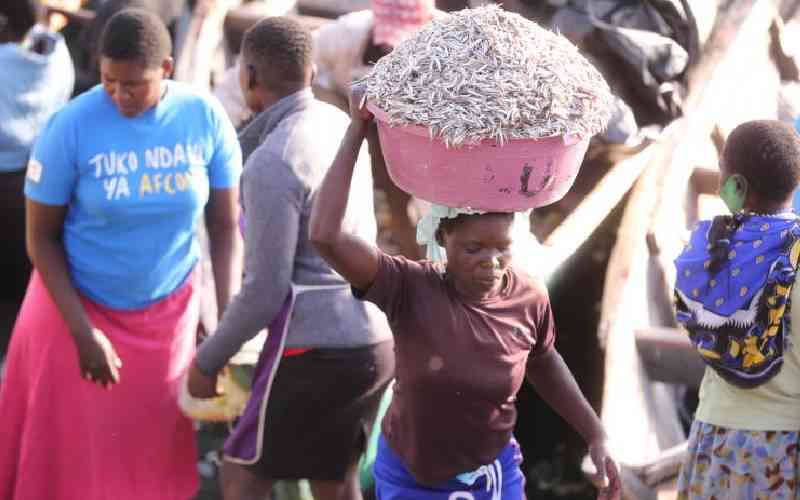NAIROBI, KENYA: More than 2.3 million women and marginalised people from 11 countries across Africa have benefitted from projects on food security, maternal and child health, water, sanitation and hygiene under the Australia Africa Community Engagement Scheme (AACES) which comes to an end next month.
AACES was a five-year partnership between the Australian Government, 10 Australian NGOs and their in-Africa partner organizations. The program was implemented in Ethiopia, Ghana, Kenya, Malawi, Mozambique, Rwanda, South Africa, Tanzania, Uganda, Zambia and Zimbabwe.
From 2011 until June 2016, the A$83-million (US$61-million) project focused on community-based interventions with particular attention to achieving change for women, youth and children and people with disabilities.
“A strong and clear focus on sustainability, gender equity, and women’s empowerment underpin the AACES model. The value-add of the scheme will be the sustainability of results - the stories of positive impacts and changed lives will continue - long after AACES has ended,” says Matthew Neuhaus, Assistant Secretary, Middle East and Africa Division at Department of Foreign Affairs and Trade (DFAT).
He adds, “AACES has brought Australians and Africans together. The scheme has strengthened and given hope to marginalised groups. Communities have become more inclusive, as they appreciate the role each individual can play. Local governments have become more accountable as communities develop better understanding of their rights and hold duty-bearers to account. NGOs and donors now appreciate the power of collaboration and partnership in influencing and impacting development outcomes. AACES has demonstrated that everyone has and can play a positive role in their communities. This has been key to the sustained strong results and brighter future prospects for many of the AACES communities.”
DFAT sought to work with NGOs to leverage their existing experience in working with poor and marginalised people in Africa. The program was characterized by a partnership approach in order to maximize an effective working relationship between DFAT and the NGOs. The partnership led to innovative thinking, sharing of ideas between African and Australian NGOs and new approaches to cooperation.
The program has delivered outcomes and results that have exceeded its original targets and expectations. Evidence shows extensive change at the AACES project countries in access to services, resulting in measurable changes in health and well-being for women, children, youth and others in communities.
 The Standard Group Plc is a
multi-media organization with investments in media platforms spanning newspaper
print operations, television, radio broadcasting, digital and online services. The
Standard Group is recognized as a leading multi-media house in Kenya with a key
influence in matters of national and international interest.
The Standard Group Plc is a
multi-media organization with investments in media platforms spanning newspaper
print operations, television, radio broadcasting, digital and online services. The
Standard Group is recognized as a leading multi-media house in Kenya with a key
influence in matters of national and international interest.
 The Standard Group Plc is a
multi-media organization with investments in media platforms spanning newspaper
print operations, television, radio broadcasting, digital and online services. The
Standard Group is recognized as a leading multi-media house in Kenya with a key
influence in matters of national and international interest.
The Standard Group Plc is a
multi-media organization with investments in media platforms spanning newspaper
print operations, television, radio broadcasting, digital and online services. The
Standard Group is recognized as a leading multi-media house in Kenya with a key
influence in matters of national and international interest.








